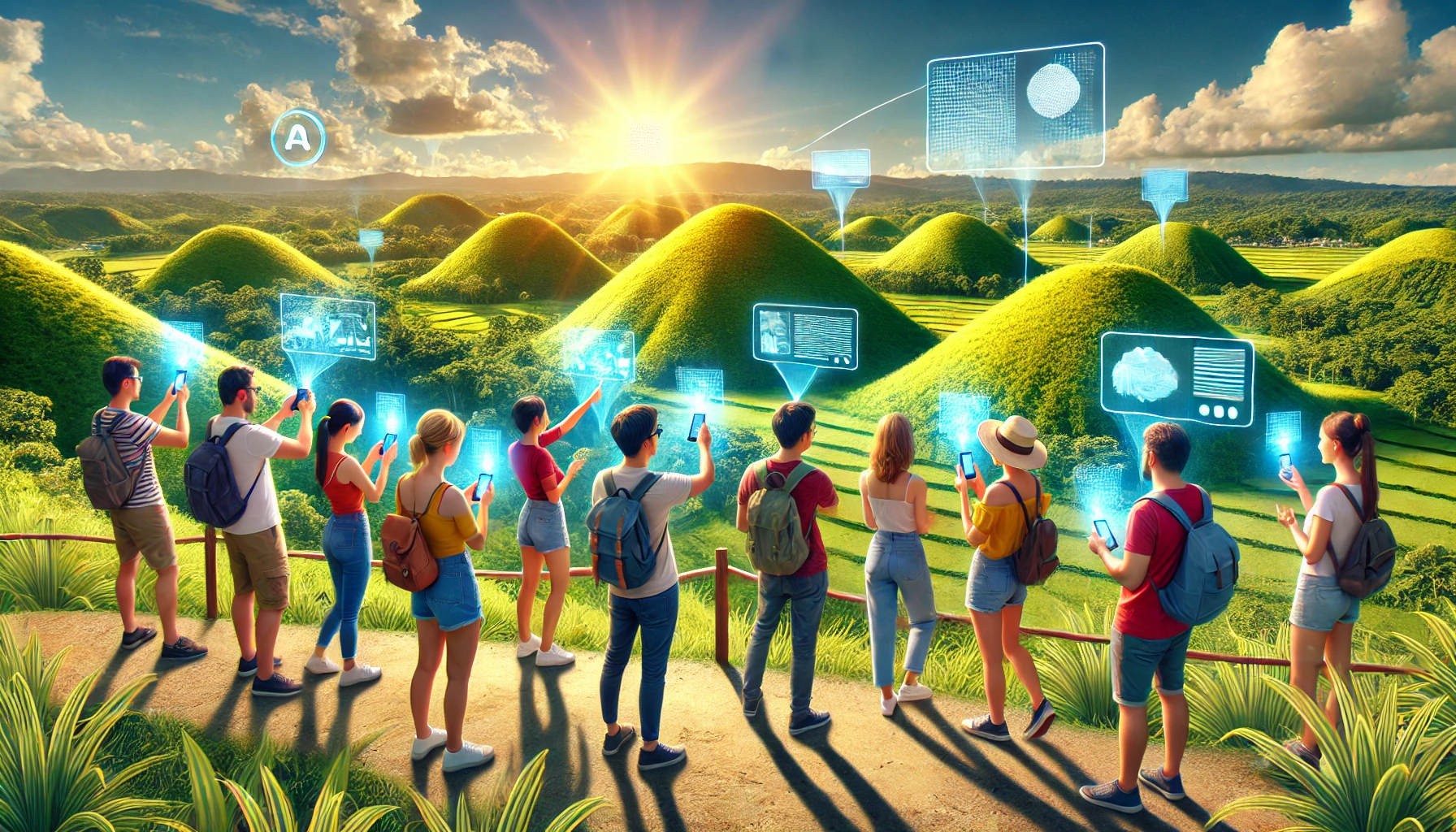The Philippine tourism industry is a vibrant sector fueled by the country’s rich culture, stunning landscapes, and warm hospitality. However, the global tourism landscape is becoming increasingly competitive, with travelers seeking unique, tailored experiences. This is where Artificial General Intelligence (AGI) could play a transformative role, revolutionizing how the Philippines attracts and serves tourists by offering hyper-personalized travel experiences.
The Promise of AGI in Tourism
AGI, with its ability to process and analyze vast amounts of data while learning and adapting in real time, can go beyond the limitations of current artificial intelligence systems. Unlike narrow AI, which is task-specific, AGI has the potential to understand complex human behaviors and preferences, enabling it to create highly personalized and adaptive solutions.
For the Philippine tourism sector, AGI can enhance visitor experiences in three key ways: personalization, efficiency, and engagement.
1. Hyper-Personalized Travel Itineraries
One of the most impactful applications of AGI is the ability to create highly personalized travel experiences. By analyzing data from various sources, including social media profiles, past travel history, and real-time preferences, AGI can tailor itineraries that cater to individual needs.
For example:
- Adventure Seekers: AGI can recommend hiking trails in Banaue or diving sites in Palawan based on a traveler’s interest in outdoor activities.
- Cultural Enthusiasts: Tourists interested in history and culture can receive recommendations for heritage sites in Vigan, local festivals, or food tours in Pampanga.
- Luxury Travelers: AGI can curate a bespoke experience, from private island stays to exclusive dining reservations.
This level of personalization ensures that every tourist feels valued, enhancing satisfaction and encouraging repeat visits.
2. Enhancing Operational Efficiency
AGI can significantly improve the operational efficiency of tourism-related businesses in the Philippines. By automating repetitive tasks and optimizing resource allocation, AGI allows businesses to focus on delivering quality services.
Examples include:
- Dynamic Pricing Models: AGI can predict demand patterns and adjust prices in real-time, ensuring competitive rates during peak and off-peak seasons.
- Smart Resource Management: Resorts and hotels can optimize staffing, energy consumption, and inventory based on predictive insights.
- Seamless Booking Systems: AGI-powered platforms can provide end-to-end booking solutions, integrating flights, accommodations, and activities in a single, intuitive system.
3. Immersive and Interactive Experiences
AGI can also transform how tourists experience the Philippines by integrating immersive technologies and real-time interactions. For instance:
- Virtual Tour Guides: An AGI-powered virtual guide can provide real-time, context-aware information to tourists exploring the Chocolate Hills in Bohol or the Intramuros in Manila.
- Augmented Reality Experiences: Using AR glasses or mobile apps, tourists can see historical sites as they appeared centuries ago, enriching their cultural understanding.
- Language and Cultural Assistance: AGI systems can offer instant translation and etiquette tips, making it easier for international tourists to navigate local customs.
The Potential Economic Impact
By leveraging AGI, the Philippine tourism sector can achieve several economic benefits:
- Increased Revenue: Personalized and premium experiences attract high-value tourists, boosting per capita spending.
- Job Creation: AGI can create demand for new roles in tech and tourism, from data analysts to cultural content creators.
- Sustainable Tourism: AGI can help manage tourist flows, reducing overcrowding in popular destinations and promoting lesser-known areas.
Challenges and Considerations
While the potential benefits of AGI in tourism are immense, certain challenges must be addressed:
- Data Privacy: The collection and use of personal data must comply with international privacy standards to build trust with tourists.
- Digital Infrastructure: Reliable internet and technological infrastructure are essential to support AGI-powered systems, especially in remote tourist destinations.
- Ethical AI Deployment: Ensuring fairness, transparency, and inclusivity in AGI applications is crucial to avoid biases and ensure equitable access.
Conclusion
The integration of AGI into the Philippine tourism sector holds the potential to elevate the country as a global leader in personalized travel experiences. By leveraging AGI’s capabilities to offer unique, efficient, and immersive experiences, the Philippines can attract more tourists, enhance their satisfaction, and ensure sustainable growth in the tourism industry.
With strategic investments and ethical deployment, AGI could be the key to unlocking the full potential of the Philippine tourism sector, making it not just a destination, but a personalized paradise for every traveler.
[SEO optimized]


